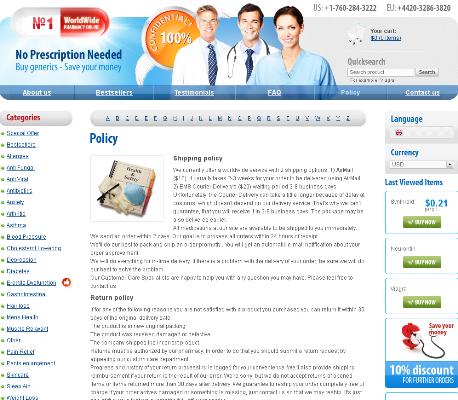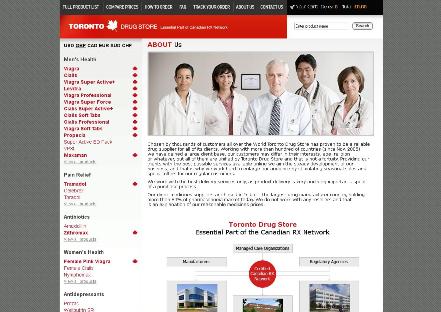Common Misconceptions about Antabuse’s Effectiveness
Many people believe Antabuse can instantly “cure” alcohol dependence, yet the reality is more nuanced. This medication works as a protective tool, not a magic fix—its effectiveness depends heavily on the individual’s commitment and support system.
There’s also a misconception that anyone who takes Antabuse will effortlessly quit drinking. In fact, motivation, counseling, and lifestyle changes are vital for long-term success, as Antabuse alone cannot override deeply rooted habits.
Lastly, effectiveness varies from person to person, shaped by their unique circumstances and willingness to engage in recovery.
| Myth | Fact |
|---|---|
| Antabuse works instantly for everyone | Its success depends on motivation and ongoing support |
| Antabuse alone stops drinking | Counseling and lifestyle changes are also needed |
Debunking the “one Drink and You Die” Myth

Many people who consider using antabuse are frightened by extreme rumors, imagining that a single sip of alcohol while on the medication will be instantly fatal. The truth is far less sensational, but still quite serious. Antabuse’s purpose is to cause a strong physical reaction if alcohol is consumed, including symptoms like flushing, nausea, and rapid heartbeat. While these effects can be highly unpleasant and potentially dangerous if ignored, death from drinking while on antabuse is exceedingly rare when medical guidelines are followed.
Understanding How Antabuse Actually Works in the Body
Once antabuse is taken, it doesn’t just linger in the background; it gets to work by blocking a specific liver enzyme needed to break down alcohol. This action results in a rapid buildup of acetaldehyde whenever alcohol is consumed. As acetaldehyde accumulates, it triggers a series of highly unpleasant symptoms like flushing, nausea, and pounding headaches. These reactions serve as a strong deterrent, making drinking while on antabuse an experience most people want to avoid at all costs.
Separating Side Effects from Fictional Fears

Many people are understandably nervous when they hear stories about Antabuse causing extreme or even dangerous reactions. In reality, most side effects are mild and manageable, such as drowsiness, a metallic taste in the mouth, or mild skin rashes. Serious complications are rare and often occur when the medication is not taken as prescribed, or if a person consumes alcohol while on Antabuse.
Some myths make Antabuse sound riskier than it truly is. For example, while consuming alcohol while taking this medication can trigger uncomfortable reactions like nausea or flushing, these effects are rarely life-threatening if managed appropriately. Fear-based misinformation can deter people who might otherwise benefit from Antabuse as part of a supervised treatment plan.
Healthcare providers closely monitor anyone prescribed Antabuse, offering guidance and support to minimize potential side effects. Education and partnership with a medical professional are key to separating facts from unfounded worries, ensuring individuals can use Antabuse safely and effectively.
Myths about Who Should Take Antabuse
Many assume antabuse is reserved for only the most severe cases of alcohol use disorder, but the truth is more nuanced. People from diverse backgrounds—whether they are early in their journey or facing long-standing challenges—may be considered suitable for antabuse therapy if they’re committed to abstinence. Physicians carefully assess each patient’s overall health, motivation, and readiness before prescribing the medication.
Unfortunately, some believe that antabuse is off-limits to older adults or those with mild drinking problems. In reality, age or drinking frequency isn’t the sole deciding factor; rather, it’s about an individual’s personal treatment goals and willingness to engage in follow-up care. Collaboration with a healthcare provider ensures safe and appropriate use.
Remember, stigma and misinformation discourage many who could benefit from antabuse. Educating both patients and families can help widen access to proven treatment tools.
| Myth | Fact |
|---|---|
| Only chronic alcoholics need antabuse | Suitability depends on a person’s unique needs and goals |
| Antabuse is unsafe for older adults | Physicians evaluate individual health—age alone isn’t a barrier |
Fact-checking Beliefs on Success Rates and Relapse
Success rates with Antabuse are often misrepresented. While some believe the medication guarantees lifelong abstinence, the truth is more nuanced. Antabuse works best as part of a comprehensive treatment plan, including counseling and social support. Studies indicate that people using Antabuse have higher rates of short-term sobriety compared to those who rely on willpower alone, but the medication is not a magic bullet. Motivation, accountability, and continued treatment all play pivotal roles in maintaining progress.
There’s also a common belief that relapse means Antabuse has failed. In reality, relapse rates with Antabuse are similar to those of other alcohol use disorder treatments. A lapse does not mean the end of recovery; it’s an opportunity to adjust strategies and seek further help. Understanding relapse as part of the process can empower individuals to keep striving rather than give up hope.

